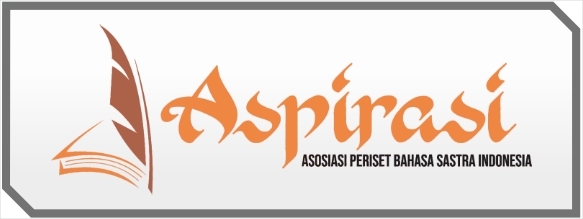Strategi Efektif untuk Mengembangkan Instrumen Asesmen Kognitif dalam Pembelajaran Bahasa Indonesia
DOI:
https://doi.org/10.59581/jmpb-widyakarya.v2i3.3864Keywords:
Cognitive Assessment Instrument, Indonesian Language Learning, Development StrategyAbstract
This research aims to develop and implement cognitive assessment instruments in Indonesian language education, with a focus on improving students' high-level thinking abilities. The validity and reliability of this instrument were tested through a series of tests in various schools. The research results show that this instrument is effective in measuring students' abilities in analysis, synthesis and evaluation. The use of technology in assessment instruments increases the efficiency of the evaluation process, although challenges related to technology infrastructure in some schools require special attention. Feedback from students indicated that the instrument was perceived as relevant and motivating, supporting the importance of authentic assessment practices. Overall, this research emphasizes the importance of a collaborative and comprehensive approach in improving students' learning and their preparation for future demands.
References
Anderson, L. W., & Krathwohl, D. R. (Eds.). (2001). A Taxonomy for Learning, Teaching, and Assessing: A Revision of Bloom’s Taxonomy of Educational Objectives. Longman.
Black, P., & Wiliam, D. (2009). Developing the Theory of Formative Assessment. Educational Assessment, Evaluation and Accountability, 21(1), 5-31.
Brookhart, S. M. (2010). How to Assess Higher-Order Thinking Skills in Your Classroom. ASCD.
Brookhart, S. M. (2010). How to Create and Use Rubrics for Formative Assessment and Grading. ASCD.
Guskey, T. R. (2003). How Classroom Assessments Improve Learning. Educational Leadership, 60(5), 6-11.
Gulikers, J., Bastiaens, T., & Kirschner, P. (2004). A Five-Dimensional Framework for Authentic Assessment. Educational Technology Research and Development, 52(3), 67-86.
Gulikers, J., Bastiaens, T., & Kirschner, P. (2004). Assessing Authentic Learning: A Practical Guide for Teachers. Springer.
Mulyasa, E. (2013). Kurikulum Tingkat Satuan Pendidikan: Konsep, Desain, dan Implementasi. Remaja Rosdakarya.
Shute, V. J., & Rahimi, S. (2017). Educational Assessment and Technology: Computer-Based Testing and the Integration of Technology in Measurement and Assessment. Educational Technology Research and Development, 65(3), 601-603.
Sudjana, N. (2014). Assessment in the 21st Century Learning. Rajawali Pers.
Sudjana, N. (2014). Penilaian Hasil Proses Belajar Mengajar. PT Remaja Rosdakarya.
Widodo, H. P., & Jasmadi. (2018). The Role of Technology in Educational Assessment. Springer.
Downloads
Published
How to Cite
Issue
Section
License
Copyright (c) 2024 Jurnal Motivasi Pendidikan dan Bahasa

This work is licensed under a Creative Commons Attribution-ShareAlike 4.0 International License.














